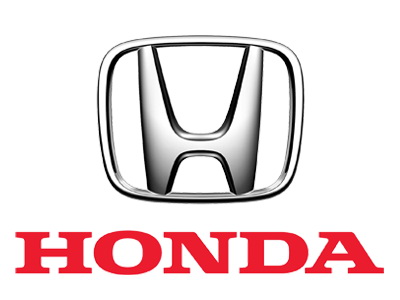
Common Honda Engine Problems: Troubleshooting Guide
Are you experiencing issues with your Honda engine? It's essential to understand the common problems that Honda engines can encounter to ensure timely maintenance and repairs. In this comprehensive guide, we'll explore some of the most frequently encountered Honda engine problems, providing you with valuable insights and troubleshooting tips.
1. Overheating Issues
One common problem that Honda engines may face is overheating. This can be caused by a variety of factors, such as a malfunctioning thermostat, a faulty radiator, or a blocked coolant passage. When your engine overheats, it can lead to reduced performance, engine damage, and potentially even complete engine failure.
To prevent overheating, make sure to regularly check your coolant levels, inspect the radiator for any blockages, and replace the thermostat if necessary. Additionally, ensure that the engine's cooling fan is functioning correctly and that there are no leaks in the cooling system.
2. Oil Leaks
Oil leaks are another commonly encountered issue with Honda engines. These leaks can occur due to various reasons, such as a worn-out gasket, a loose oil filter, or a cracked engine block. It's crucial to address oil leaks promptly, as they can lead to a loss of lubrication, increased engine wear, and even engine failure.
Regularly inspect your Honda engine for any signs of oil leaks, including oil spots or puddles under the vehicle. If you notice any leaks, identify the source and replace the faulty component, such as the gasket or oil seal.
3. Ignition Problems
Honda engines can experience ignition problems, which can result in difficulties starting the engine or intermittent engine misfires. These issues may be caused by a faulty ignition coil, spark plugs, or ignition control module.
If you're experiencing ignition problems, start by inspecting the spark plugs for signs of wear or damage. Replace any faulty plugs and check the ignition coils for proper functioning. Additionally, ensure that the ignition control module is operating correctly.
4. Fuel System Issues
A problematic fuel system can also cause issues with Honda engines. Clogged fuel injectors, a malfunctioning fuel pump, or a dirty fuel filter can lead to poor engine performance, reduced fuel efficiency, or even engine stalling.
To resolve fuel system problems, regularly clean or replace the fuel filter and inspect the fuel injectors for any blockages. If the fuel pump is not functioning correctly, consider replacing it to ensure proper fuel delivery to the engine.
5. Timing Belt Failure
Timing belt failure is a critical issue that can cause severe damage to the engine. Over time, the timing belt can wear out or break, resulting in the misalignment of the engine's internal components. This can lead to bent valves, piston damage, or even complete engine failure.
It's crucial to replace the timing belt at the manufacturer's recommended intervals to prevent potential costly repairs. Regularly inspect the belt for signs of wear, such as cracks or fraying, and replace it if necessary.
In conclusion, understanding the common problems that Honda engines can encounter is essential for proper maintenance and timely repairs. By addressing these issues promptly, you can ensure the longevity and optimal performance of your Honda engine.